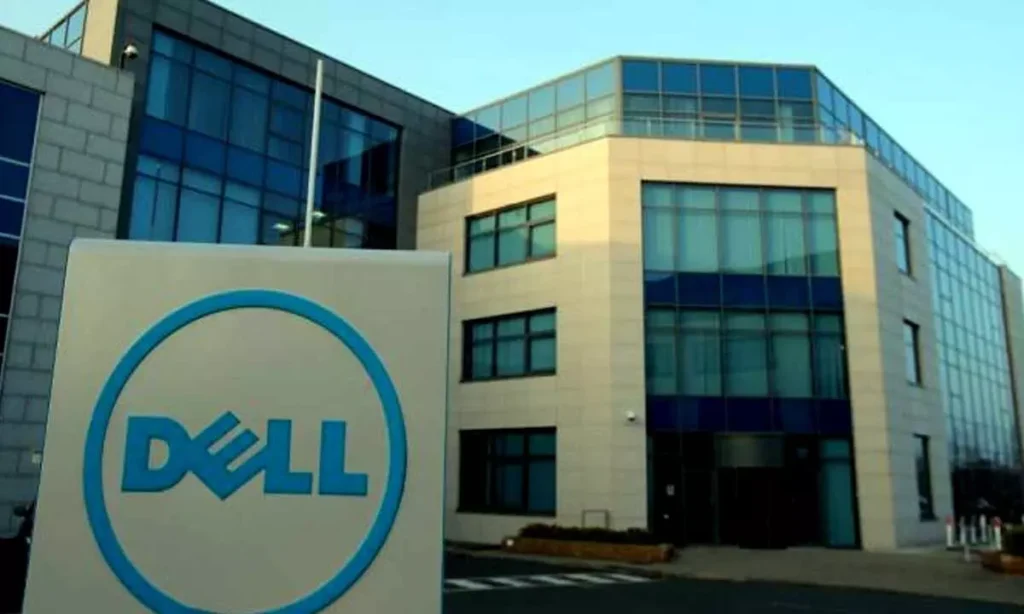“Dell Implements Layoffs, Cutting Global Workforce by Approximately 6,000 Jobs Amid Remote Work Policy Adjustment”

Image Source:- The Hans India
Dell’s recent decision to implement layoffs, cutting approximately 6,000 jobs globally, is underscored by a prolonged period of sluggish demand for the company’s personal computers, extending over nearly two years. This downturn was reflected in a significant 11% drop in revenue during the fourth-quarter earnings report posted last month. Dell highlighted that while it anticipates net revenue growth in its client solutions group (CSG) for the full year, the fourth-quarter performance saw a concerning 12% decline. Despite these challenges, the company remains optimistic about an eventual improvement in demand and asserts its ability to manage near-term obstacles, citing expectations for more favorable input costs.
However, Dell also acknowledged the likelihood of further declines in net revenue for its other business segments, attributed partly to alterations in its commercial relationship with VMware, as outlined in regulatory filings. Last year’s workforce reduction of 6,650 jobs by Dell was positioned as a proactive measure in anticipation of a potential recession and in response to the dwindling demand for personal computers at the time.
More trouble in Dell?
Previously, Dell had conveyed to its remote workforce that while they could continue their duties from home, they would not be eligible for promotions—a policy shift that contrasted with the company’s earlier embrace of a hybrid work culture. This hybrid approach, adopted even before the onset of the Covid-19 pandemic, allowed employees flexibility in their work arrangements. However, in a significant departure from this stance, Dell has recently pivoted towards a more stringent return-to-office (RTO) policy.
This change has been communicated to employees through a mandate to return to office premises, with individuals categorized into distinct groups: “hybrid” and “remote” workers. This new directive signals a shift away from the flexibility that characterized Dell’s approach to work arrangements, as the company moves towards a more centralized office-centric model. The move has drawn attention as it represents a departure from prevailing trends towards greater remote work flexibility seen across numerous industries, particularly in response to the changing landscape brought about by the pandemic.
Author:- Apoorva Arora
